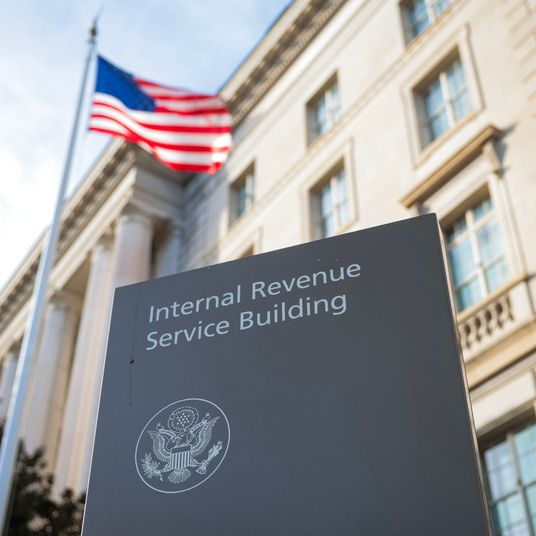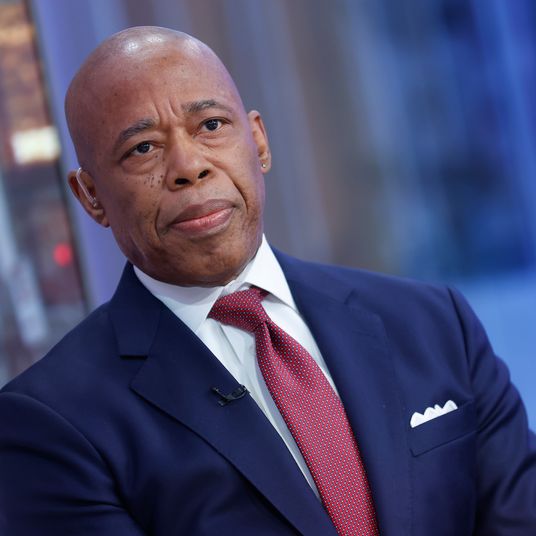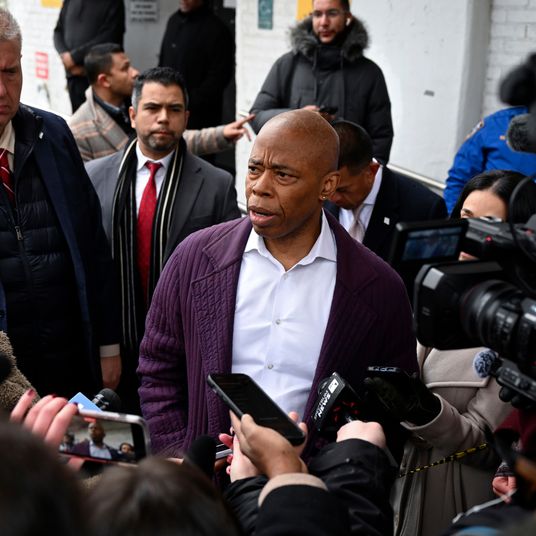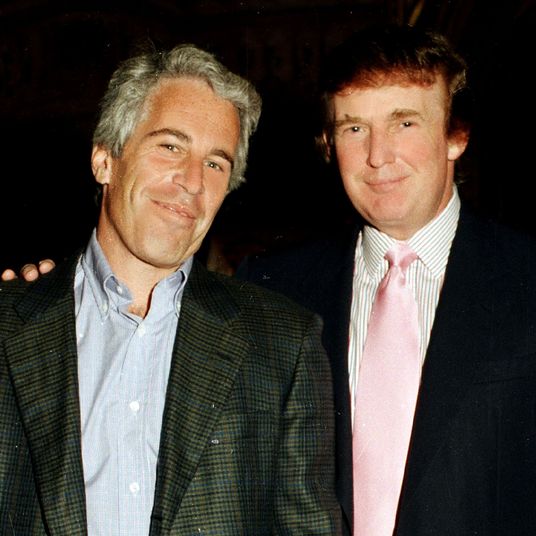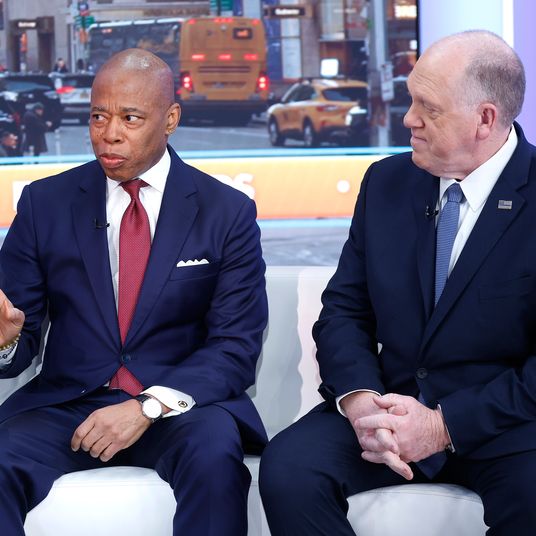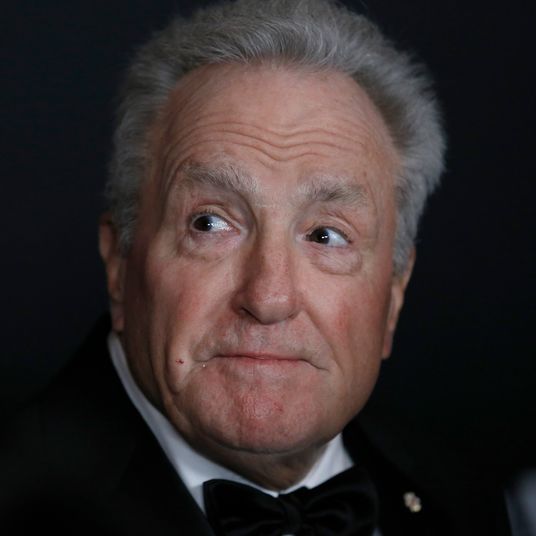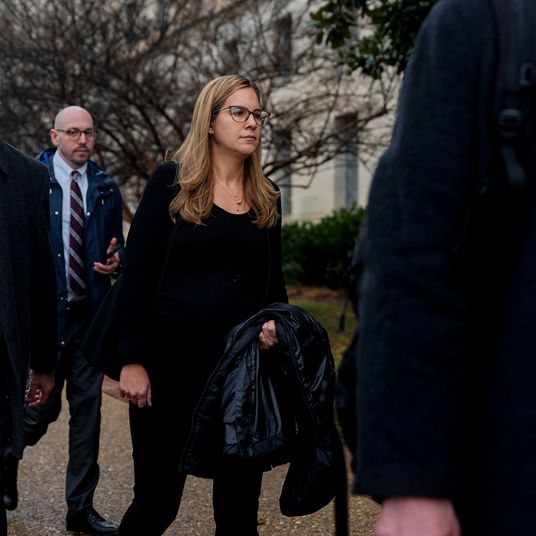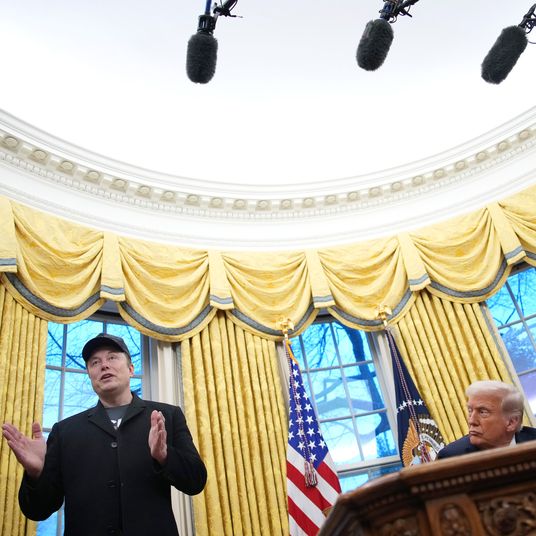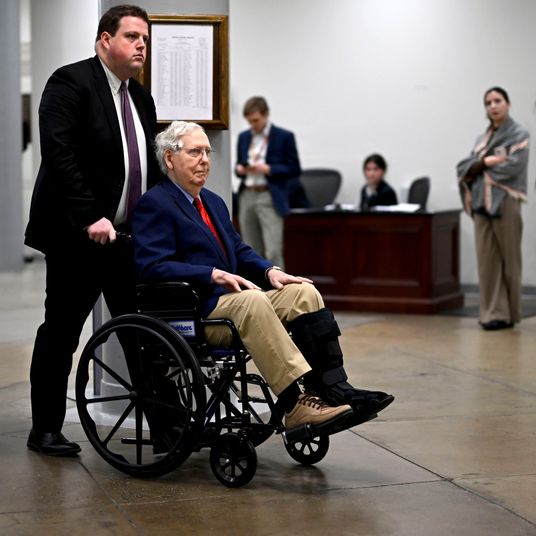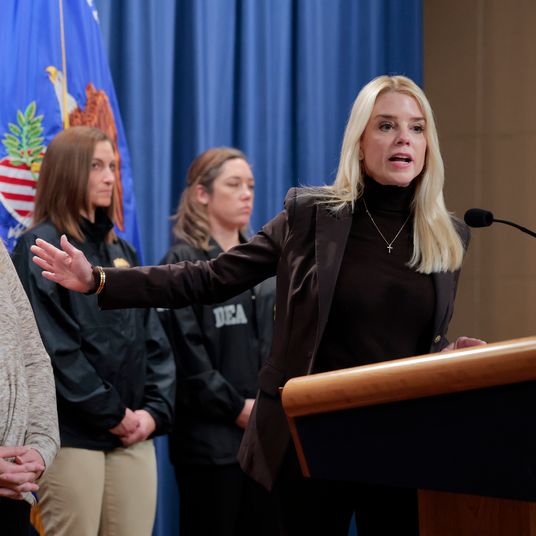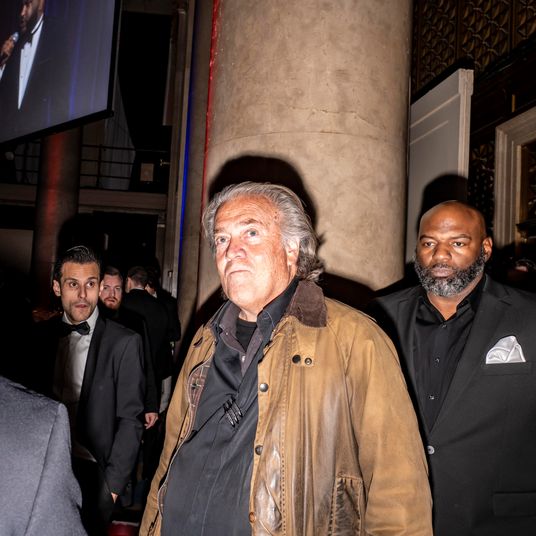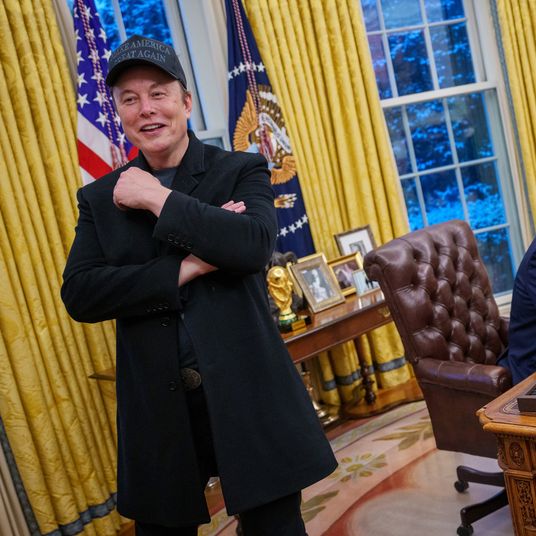
This week, Danielle Sassoon, the top federal prosecutor in Manhattan, stepped down from her role leading the Southern District of New York in protest of a Justice Department order to drop her office’s pending case against Mayor Eric Adams. In a searing letter to Attorney General Pam Bondi, she alleged that the department’s deal to dismiss the charges against the mayor amounted to a quid pro quo, claims that also prompted calls for Adams to step down. Six additional department officials followed Sassoon’s lead, tendering their own resignations — at least one in similarly dramatic fashion — rather than agree to dismiss the case. To get more insight on these major developments, I spoke to Joyce Vance, the former U.S. Attorney for the Northern District of Alabama and the co-host, with Preet Bharara, of the Cafe Insider podcast. We discussed the effect the resignations might have on the Justice Department, how the situation compares to Watergate, and whether there’s anything that can stop Adams’s case from being dismissed.
What was your immediate reaction to the news of Danielle Sassoon’s resignation and the other DOJ officials?
We had been tracking the Eric Adams case, and I was very conversant with the indictment, which doesn’t always tell you everything that you need to know. But you get a sense of how strong the evidence is, and this appeared to be a very well-grounded case. There were some issues. There often are legal issues, but there was nothing that, when you examine that indictment, made it look weak or improper. It looked like a very straight-up indictment. So, I think that backdrop really informed everything that came after, which was this very unusual demand from Washington that a prosecution be dropped. It wasn’t like there was litigation ongoing in front of a judge over motions and somebody in the department said, “Well, there’s a flaw in this case, and we really need to dismiss it.” No, it was just this really sort of crass political quid pro quo, and that, I think, was what Ms. Sassoon responded to. She made very clear in her correspondence that her office’s cases were not political bargaining chips.
The immediate backlash from career prosecutors seems very unusual. Have you ever seen anything like the past 48 hours before?
I don’t think we have ever seen — at least not since Watergate — prosecutors being asked to do something that was so clearly improper. People have made the point that Danielle Sassoon is a member of the Federalist Society and a former Scalia law clerk. Other resignations have come from people who similarly might have politics that are more in line with this administration’s politics than with Joe Biden’s politics. I say this as someone who lived through some of the excesses of the George W. Bush administration, which seems a little bit quaint now by comparison: You just don’t see this happen.
The difference that’s worth pointing out between Watergate and this was that in Watergate, the request came from the White House, and it was the leadership of the Justice Department that said no. Here, what I think is so shocking and what so many prosecutors have had a visceral reaction to is that this is coming from the attorney general and the acting deputy attorney general of the United States. The fact that those two leaders who took an oath to uphold the Constitution would demand this from a U.S. Attorney and from line prosecutors is just utterly shocking.
What do you expect the impact will be on the department?
What the total fallout is going to look like remains to be seen. We’re already hearing reports of investigations into prosecutors, of more firings of prosecutors. The same is true for DOJ’s law enforcement agencies. The impact, I suspect, will be generational in terms of the loss of institutional knowledge, which is irreplaceable in the best of times. But also, I think people may reconsider whether this is the right job for them. You make enormous sacrifices to go into law enforcement. I’ve never forgotten telling my husband I was getting ready to take a 50 percent pay cut when I went to the U.S. Attorney’s office here. You make those sacrifices willingly because you believe in the job and you believe in the work. And it’s an honor to stand up in court and say, “May it please the court, I represent the United States of America.” You do it because you think it’s a service to the community, and I worry that this tarnishes that service, and that the right kind of people will be less willing to embark on these careers.
Would it be easy to replace people who refused to follow DOJ orders with people who would be willing to go along with something like this in the future?
It remains to be seen what’s happening. Is this really a cutback in the number of people who work in government as it’s been portrayed? Or is this just a restocking of the Justice Department with people who will be loyal to Donald Trump? Which could have some really serious implications down the road, if certain types of constitutional questions come up and you have a DOJ that’s compliant.
The Justice Department has found someone to recommend dismissing the case, only after threatening mass firings. The matter now goes to Judge Dale Ho, who would have to approve the motion. Can anything stop the dismissal of the Adams charges at this point?
It remains to be seen what Judge Ho (the federal judge in charge of the Adams case) will do in this hearing. I think it’s unlikely that a judge can prevent the dismissal. There are some other questions lurking around the edges here, which involve whether or not Congress will step in and do its job or perhaps whether bar associations will step in and do their job. The facts are still unclear, but if, as has been suggested, people have been told that they must do unethical things or be fired, the folks making those sorts of statements probably need to have a visit with their local bar grievance committee. So there are mechanisms, but they’re slow mechanisms. Changing the mood in Congress is not fast. Getting bar associations to act is not fast. And what we end up learning, at the end of the day, is that the institutions that we rely on, like the Justice Department, really are the people. And Trump has been very savvy in understanding that and in trying to do away with the people who — whether they’re a Scalia law clerk like Danielle is, or the folks who clerked for RBG who populate the Justice Department — the people set their politics aside when they walk in the door and are just there to do justice.
This interview has been edited for length and clarity.
More politics
- Trump and Musk’s Government Purge Is Intensifying: Updates
- Barack and Michelle Obama Quash Divorce Rumors via Subtweet
- DOGE Is About Ideology and Mindless Budget-Cutting, Not Efficiency






